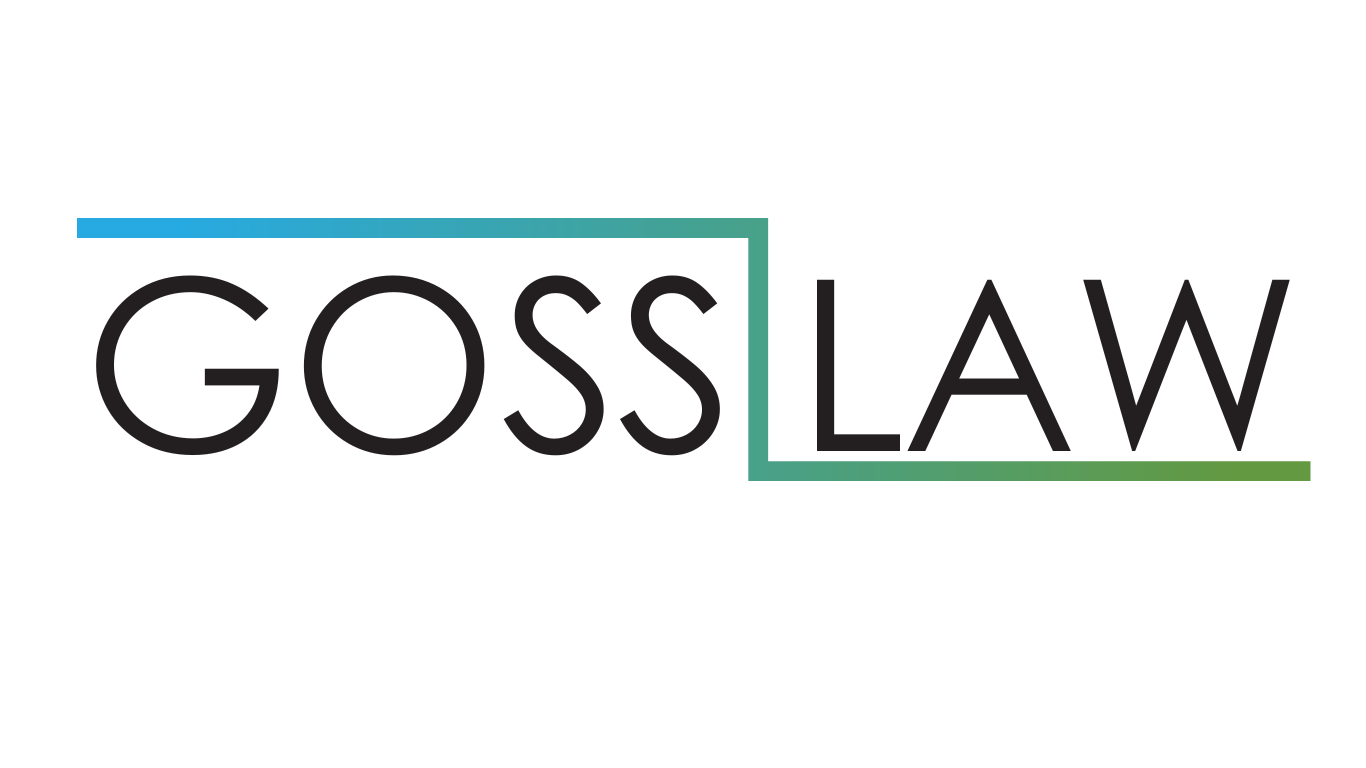Work Permits
For many immigrants living in the United States, the ability to legally work is just as critical as immigration status itself. A work permit—officially known as an Employment Authorization Document (EAD)—gives you the right to work while pursuing asylum, Temporary Protected Status (TPS), family-based immigration, or adjustment of status.
Understanding Employment Authorization
At Goss Law, we help clients in Minneapolis, St. Paul, and across the Twin Cities apply for work permits with careful preparation and straightforward guidance. We don’t just file forms—we explain eligibility, anticipate delays, and prepare supporting documentation so you can maintain financial stability while your immigration case is pending.
Eligibility for a Work Permit in the U.S.
Not everyone qualifies for a work permit. Eligibility usually depends on your immigration status or the type of application you have filed. Common categories include:
- Asylum seekers awaiting a decision.
- TPS beneficiaries.
- Applicants with pending adjustment of status.
- Certain student visa holders.
- Individuals with pending family or humanitarian applications.
Each category has its own rules, filing timelines, and evidence requirements. We help you determine exactly when you qualify and how to present the strongest application.
The Application Process (Form I-765)
Work permits are requested through Form I-765. While the form itself may look straightforward, USCIS reviews every answer carefully. Small mistakes—like choosing the wrong eligibility category—can result in months of delay or even a denial. We walk you through every question, collect supporting evidence such as pending case receipts, and file your application so that it is clear and complete.

Agreements That Hold Up in Court
Renewals and Extensions
Work permits are temporary. Most EADs expire after one or two years, depending on your immigration status. Renewal requires filing on time with updated evidence. If you miss your window, you risk losing your ability to work legally. We track deadlines for our clients and prepare renewals early, so there is no gap in employment authorization.
Common Issues in Work Permit Applications
Work permit cases are often delayed due to missing evidence, changes in eligibility, or background check issues. We address these risks in advance, helping you avoid requests for evidence (RFEs) and preparing responses if USCIS raises questions.
FAQs
What is a work permit and who qualifies in Minneapolis?
A work permit, officially known as an Employment Authorization Document (EAD), is a government-issued ID card that allows noncitizens to legally work in the United States. In Minneapolis, many immigrants qualify for a work permit while pursuing other immigration benefits. Common categories include individuals with pending Adjustment of Status applications, asylum seekers, DACA recipients, Temporary Protected Status (TPS) holders, and certain student visa holders. Work permits are especially important for families in the Twin Cities because they provide financial stability while other immigration cases are pending. The EAD also allows applicants to obtain a Social Security number and, in many cases, a Minnesota driver’s license. Not every immigrant qualifies for a work permit, however. Eligibility depends on your immigration status and the application you have pending with U.S. Citizenship and Immigration Services (USCIS). At Goss Law, we help clients determine eligibility, prepare applications, and avoid mistakes that cause delays. Having a Minneapolis immigration lawyer review your case ensures that you apply under the correct category, submit all necessary documents, and maintain lawful status while waiting for a Green Card, asylum decision, or other immigration benefit.
How do I apply for a work permit in Minnesota?
To apply for a work permit in Minnesota, individuals must file Form I-765 (Application for Employment Authorization) with U.S. Citizenship and Immigration Services (USCIS). Applicants must choose the correct eligibility category, such as pending Adjustment of Status, asylum, TPS, or DACA. Supporting documents usually include a copy of your passport or government-issued ID, proof of your pending immigration case, and photos that meet USCIS specifications. Filing fees may apply, though some categories allow fee waivers. In Minneapolis, applicants typically attend a biometrics appointment at the local USCIS Application Support Center. Once approved, USCIS issues the Employment Authorization Document (EAD), which serves as proof of lawful ability to work. Processing times vary, often between 3 to 6 months, depending on USCIS workload and category. At Goss Law, we assist applicants in filing correctly the first time, reducing the risk of denial due to incomplete or inaccurate information. A Minneapolis work permit lawyer ensures that your application is supported by strong evidence, submitted under the right eligibility category, and monitored for status updates, so you can begin working legally as soon as possible.
How long does it take to get a work permit in Minneapolis?
The time it takes to get a work permit in Minneapolis depends on the eligibility category and current USCIS processing times. On average, applicants receive their Employment Authorization Document (EAD) within 3 to 6 months of filing Form I-765. However, certain categories may experience faster or slower timelines. For example, DACA renewals and TPS re-registrations are sometimes processed more quickly, while first-time Adjustment of Status applicants may face longer waits due to background checks and interview scheduling. Applicants must also attend a biometrics appointment at the local USCIS office, which adds time to the process. Delays are common, especially if USCIS issues a Request for Evidence (RFE) for missing documents. At Goss Law, we prepare strong applications to minimize the risk of delay, and we help clients track their cases online and respond promptly if additional information is requested. While no attorney can speed up USCIS, having a Minneapolis work permit lawyer ensures your application is error-free, reducing the likelihood of setbacks. We provide realistic timelines and guidance so clients in the Twin Cities can plan financially while waiting for approval.
Can I renew my work permit if it is about to expire?
Yes, most work permits can be renewed if you remain eligible. In Minneapolis, renewal is done by filing a new Form I-765 with updated supporting documents. Renewal should be submitted at least 180 days before expiration to avoid a gap in work authorization. USCIS often grants automatic extensions for certain categories, such as Adjustment of Status applicants and TPS holders, as long as the renewal is filed on time. Still, relying on automatic extensions alone can be risky, especially if your employer requires updated documentation for compliance. At Goss Law, we guide clients in tracking expiration dates and preparing renewal applications early to ensure no interruption in work eligibility. Renewals must include proof that your underlying immigration status is still valid—for example, proof that your Adjustment of Status is still pending, or that your TPS has been extended. Having a Minneapolis immigration lawyer handle your renewal prevents issues like missed deadlines or incorrect eligibility categories. For Twin Cities families relying on continued employment, keeping work permits current is essential, and legal guidance provides peace of mind that no mistakes will jeopardize your ability to work.
Do I need a lawyer to apply for a work permit in Minneapolis?
While it is possible to apply for a work permit without legal help, many applicants in Minneapolis benefit from working with an immigration attorney. The Form I-765 application may appear straightforward, but errors in selecting the eligibility category, missing documentation, or failing to reapply on time can result in denials or delays. Work permits are often linked to larger immigration cases such as Adjustment of Status, asylum, or TPS. Mistakes on the work permit application can also raise red flags in those broader cases. At Goss Law, we provide careful review and preparation of work permit applications, ensuring eligibility is clear and supporting evidence is strong. We also track renewal dates and help clients respond quickly if USCIS issues a Request for Evidence (RFE). For clients in the Twin Cities, the ability to legally work is critical to financial stability. By working with a Minneapolis work permit lawyer, you reduce the stress of uncertainty, avoid unnecessary delays, and ensure your family has consistent authorization to remain employed while pursuing longer-term immigration goals.
Serving Minnesota’s Spanish-Speaking Community
Direct Guidance in Spanish From a Native Speaker
At Goss Law, attorney Edwin Goss, a
native Spanish speaker, clearly explains who qualifies for a work permit, which forms must be filed, and what evidence is required. This allows you and your family to work legally while waiting for an immigration decision.
Our firm is founded on the belief that justice should be accessible, practical, and human. Whether you’re pursuing lawful status, defending your family’s future, or seeking answers about your options, we’re here to help guide you through every stage of the legal process.
Helping Families Avoid Work Gaps
Many Spanish-speaking clients miss renewal windows and end up without authorization to work. We track deadlines and file renewals early to ensure there are no gaps in employment authorization.
Helping Families Avoid Work Gaps
Many Spanish-speaking clients miss renewal windows and end up without authorization to work. We track deadlines and file renewals early to ensure there are no gaps in employment authorization.

